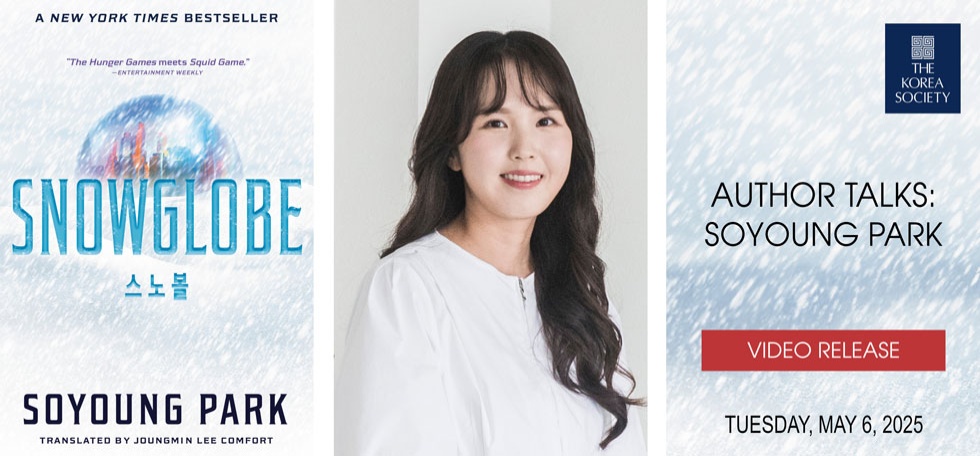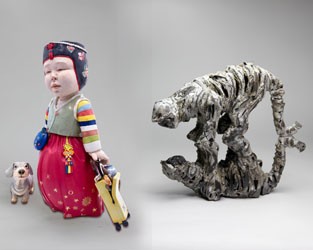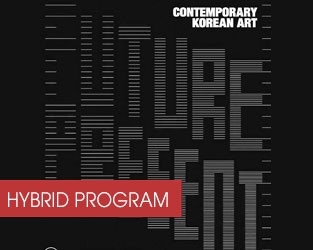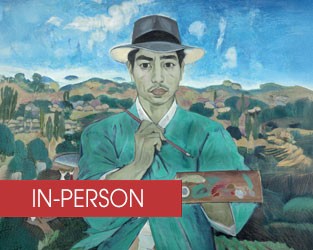![]()
The Korea Society presents Dong Jin Kim, author of Crusader for Korea, a biography of Dr. Homer B. Hulbert (1863-1949), a “hidden hero” of Korean independence. The publication is the culmination of years of effort by the author to secure a proper place in Korean history for the accomplishments of foreigners, such as Dr. Hulbert, who lived their lives in the service of Korea.
Wednesday, April 6
Homer Hulbert: Crusader for Korea
with
Dong Jin Kim
author of Crusader for Korea
American-born Hulbert came to Korea in 1886 as a missionary, and is remembered as an active supporter of Korea’s sovereignty and a tireless campaigner for the modernization of Korea’s education system. Believing that a well-educated Korea could more successfully fend off Japanese territorial aspirations, Hulbert helped raise the status and usage of Hangul in place of Chinese characters, introduced new academic courses, and even authored textbooks in Korean. Hulbert also wrote frequently as a journalist and historian, and his writing played an important role in presenting Korea and her political situation to the world.
As special aide to Emperor Kojong, Hulbert fought to preserve Korea’s rights of sovereignty. As a Royal envoy, he visited Washington D.C. in 1905 and The Hague in 1907—though both delegations were turned away. Dr. Hulbert also spent many years attempting to document and reclaim funds deposited by Emperor Kojong in a Shanghai bank. The funds were never returned to the Emperor and appear to have been expropriated during colonization.
Dong Jin Kim does not intend to let the story of Dr. Hulbert, an unsung hero for both Americans and Koreans, slip into obscurity. In addition to writing Crusader for Korea—which received very positive reviews in the Korean press—Kim has established the Hulbert Memorial Society and has successfully lobbied to include Dr. Hulbert in middle-school textbooks. According to a recent poll, Dr. Hulbert is considered one of the most respected foreigners to have contributed to Korea’s success—a testament to the legacy of a figure known as the “man who loved Korea more than Koreans.”








